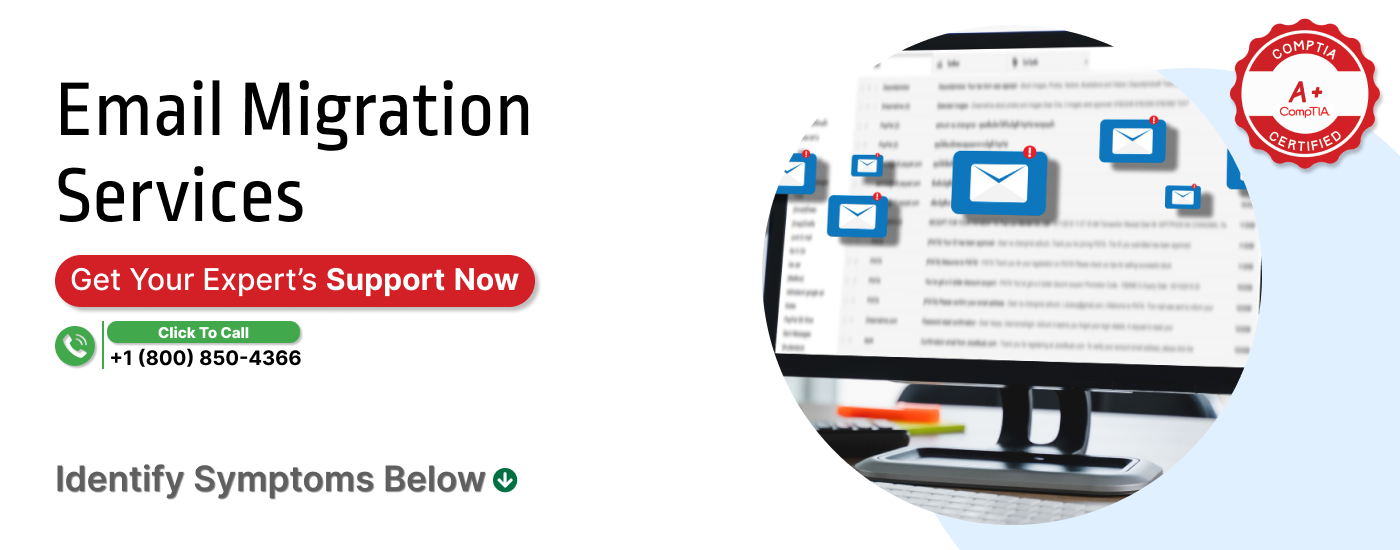Email Migration Services
Data Loss: During the migration process, there is a risk of data loss or corruption, potentially leading to the loss of critical information.
Email Downtime: Migration activities often require temporary email downtime, disrupting regular communication and workflow.
Compatibility Issues: Incompatibility between source and destination platforms can lead to migration obstacles.
Incomplete Migration: Some data may not successfully transfer during migration, resulting in an incomplete transition.
Migration Complexity: The complexity of migrating various data types, including emails, contacts, and attachments, can pose challenges.
Integration Challenges: Integrating the migrated data seamlessly with existing systems and workflows may prove challenging.
Security Concerns: Migrating sensitive data raises security concerns, particularly during the transfer process.
Lost Folder Structure: The migration process might disrupt the folder structure, leading to disorganization.
Technical Glitches: Unexpected technical issues during migration, such as software errors or connectivity problems, can disrupt the process.
Email Forwarding Issues: Forwarding rules and settings may not transfer seamlessly, affecting email routing.
Customization Challenges: Custom email configurations or settings may not transfer accurately, impacting user preferences.
Navigating the intricate landscape of email migration services demands a comprehensive strategy that addresses potential issues at every stage. By implementing proactive measures and responsive solutions, organizations can ensure a smooth and successful transition, minimizing disruptions and maximizing the benefits of the migration process.
Transitioning to a new email platform? Our migration services facilitate a smooth and secure transfer of your data, ensuring minimal disruption during the transition.







